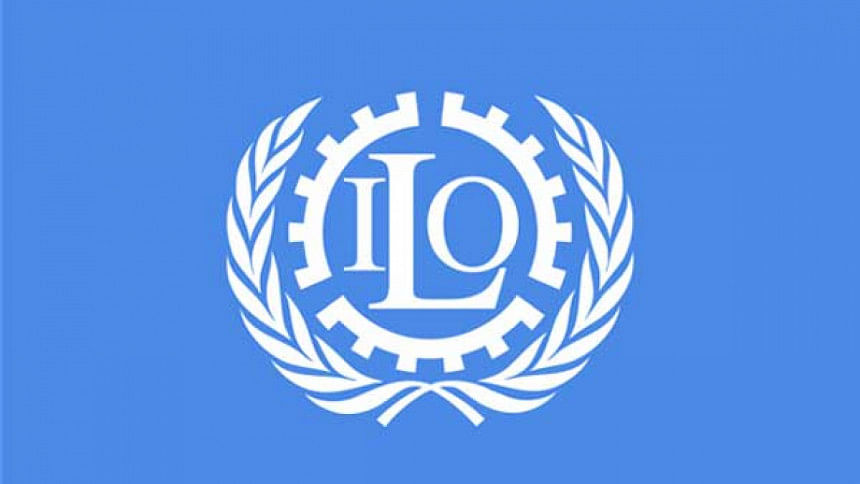Covid disrupts edn of over 70pc youths: ILO

The coronavirus pandemic is having a devastating effect on the education and training of young people as it disrupts education of over 70 percent of the youths, according to an analysis by the International Labour Organization.
Since the outset of the pandemic, over 70 percent of youths who study or combine study with work have been adversely affected by the closing of schools, universities and training centres, the analysis said.
The report titled "Youth and Covid-19: impacts on jobs, education, rights and mental well-being" said about 65 percent of young people reported having learned less since the beginning of the Covid-19 pandemic because of the transition from classroom to online and distance learning during lockdown.
Despite their efforts to continue studying and training, half of them believed their studies would be delayed and nine percent thought that they might fail, said an ILO media release.
The situation has been even worse for youths living in lower-income countries, who have less access to internet, lack of equipment and sometimes lack of space at home.
This highlights large "digital divides" between regions: while 65 percent of youths in the high-income countries were taught classes via video-lecture, only 18 percent in low-income countries could keep studying online.
"The pandemic is inflicting multiple shocks on young people. It is not only destroying their jobs and employment prospects, but also disrupting their education and training and having serious impacts on their mental well-being. We cannot let this happen," said ILO Director-General Guy Ryder.
CONCERNED ABOUT THEIR FUTURE
According to the report, 38 percent of young people are uncertain of their future career prospects, with the crisis expected to create more obstacles in the labour market and to lengthen the transition from school to work.
Some have already felt a direct impact, with one in six youths having to stop work since the onset of the pandemic. Many younger workers are more likely to be employed in highly affected occupations, such as support, services and sales-related work, making them more vulnerable to the economic consequences of the pandemic. Forty-two percent of those who have continued to work have seen their incomes reduced.
This has had an impact on their mental well-being. The survey found that 50 percent of young people are possibly subject to anxiety or depression, while a further 17 percent are probably affected by it.
YOUNG VOICES SHOULD BE HEARD
Despite the extreme circumstances, young people are using their energy to mobilise and speak-out in the fight against the crisis. According to the survey, one in four did some volunteer work during the pandemic.
Ensuring that youth voices are heard is critical to delivering a more inclusive response to the Covid-19 crisis. Giving young people a say in decision-making to articulate their needs and ideas improves the effectiveness of policies and programmes and gives youth the chance to participate in their delivery, says the report.
"The findings of this timely study clearly show how young women and young workers are being hardest hit by the ongoing crisis," said Tuomo Poutiainen, country director of ILO Bangladesh.
"And Bangladesh is no exception," Tuomo said, adding, "Millions of youths are bearing the brunt of the ever-widening 'digital divide' with poor access to online and distance learning, a lack of IT equipment and a lack of study space at home. This lack of education and skills training will further undermine their future career prospects."
He said unless urgent action is taken, the nation's youths will suffer severe and long-lasting impacts from this pandemic and its socio-economic fallout -- both mentally and physically. "We must safeguard their education, training and rights to access decent work."
The report also calls for urgent, large-scale and targeted policy responses to protect a whole generation of young people from having their employment prospects permanently scarred by the crisis.
This includes, among other measures, reintegrating into the labour market those who have lost their jobs or who have experienced a reduction in working hours, and ensuring youth access to unemployment insurance benefits and measures to boost their mental health, from psychosocial support to sports activities.

 For all latest news, follow The Daily Star's Google News channel.
For all latest news, follow The Daily Star's Google News channel. 




Comments